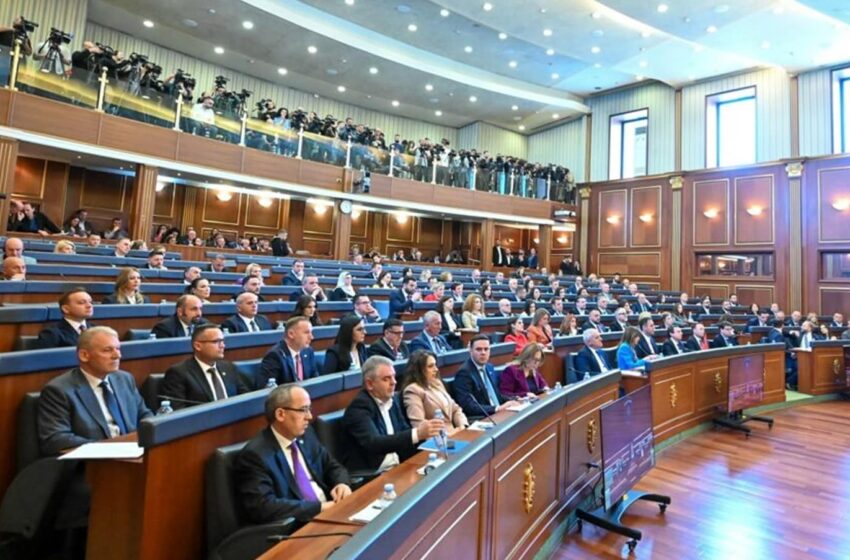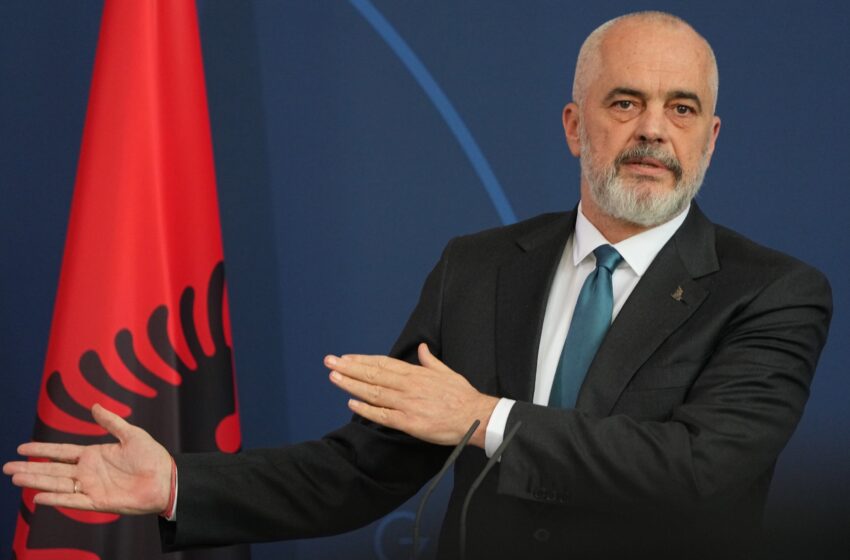Albania takes lead in Global Ransomware Fight at White House Summit

Albania has assumed a leading role in a key cyber-defense initiative at the Fourth Global Summit on Ransomware Prevention, organized by the White House. In a statement, the White House highlighted Albania’s proactive leadership in spearheading this project to strengthen cybersecurity worldwide.
Why is this important: The project is vital for curtailing criminal cyber activities and enhancing global security. Through this initiative, Albania demonstrates a strong commitment to international cooperation, contributing to broader efforts to prevent illegal financial flows that fuel ransomware and other cyber threats.
Context: The project focuses on implementing Recommendation 15 of the Financial Action Task Force (FATF), which aims to tighten regulations on virtual assets and related services to block illegal funds that support the ransomware industry. By adopting these guidelines, Albania aims to disrupt the flow of funds sustaining cybercriminal activities, dismantling the ecosystem that enables ransomware attacks globally.
What happened: Albania’s leading role comes after it experienced significant cyberattacks in 2022, both in July and September. During these attacks, the e-Albania public services portal, a central digital resource for accessing government services, was temporarily disabled. The attack had serious consequences for a country where up to 95% of public services are offered online. It did not only disrupt the provision of services, but it also undermined the public’s faith in online platforms.
Investigations revealed that responsibility for the attack lay with a group linked to the Iranian Government. In response, Albania took the unprecedented step of cutting diplomatic ties with Iran in early September, marking a decisive response to the cyber aggression.
The Iranians claimed that the cyberattacks were motivated by resentment toward the Albanian Government for hosting members of the People’s Mujahedin of Iran (MEK) since 2013. This organization, opposed to the Iranian government, has been provided temporary protection in Albania for over a decade, creating diplomatic friction between Albania and Iran. The incident underscored Albania’s vulnerability to international cyber threats and reinforced its resolve to contribute to global cybersecurity. It was a wakeup call that focused minds in the Government and led to serious efforts to build up capabilities.
Broader impact: By taking a leading role in the project, Albania is actively working to dismantle ransomware financing, aligning its cybersecurity practices with international standards. The project’s success could contribute to providing stronger defenses, making it harder for ransomware groups to operate by limiting their financial channels and disrupting the illegal financial structures supporting cybercriminal activities.


